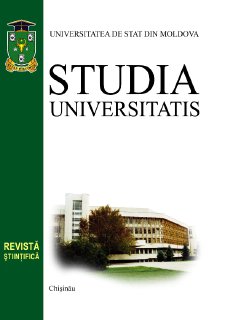METHODOLOGICAL APPROACHES IN THE STUDY OF HYDRIC STRESS IN PLANTS
Maria DUCA, Steliana CLAPCO, Ana MUTU, Rodica MARTEA, Universitatea de Stat din Moldova
Аннотация
Drought significantly affects plant growth and development, having a negative impact on the productivity of crops
and, respectively, on food security worldwide. To predict the response of agricultural crops to future global warming
and water deficit and to develop effective risk management strategies, there is a need to understand, at various levels
of organization, the processes that determine tolerance to adverse environments. In this context it is important to use
appropriate models of hydric stress induction and response assessment.
The paper presents a brief description of the methodological approaches used in plant drought stress studies (field,
greenhouse, laboratory experiments; experimental models using different types of substrates; distinct methods to
induce water deficit), reflects their particularities, advantages and limitations and highlights the importance of combining and adapting methods of analysis according to the studied species, the environment and the research objectives.
Keywords: drought stress, hydric stress, drought tolerance, plants, experimental techniques, polyethylene glycol
(PEG), irrigation regime.


